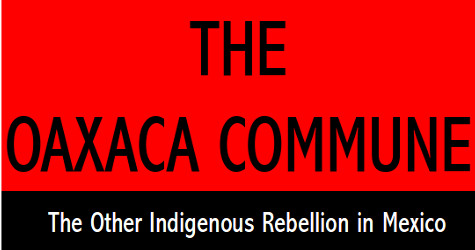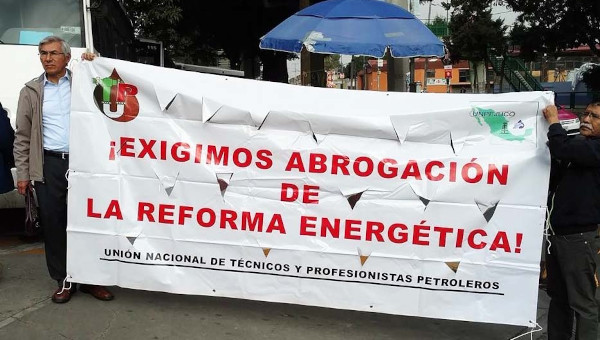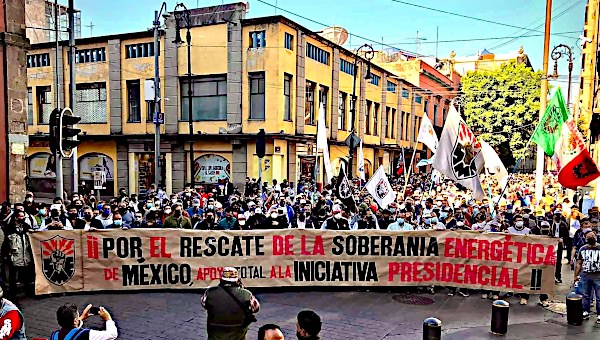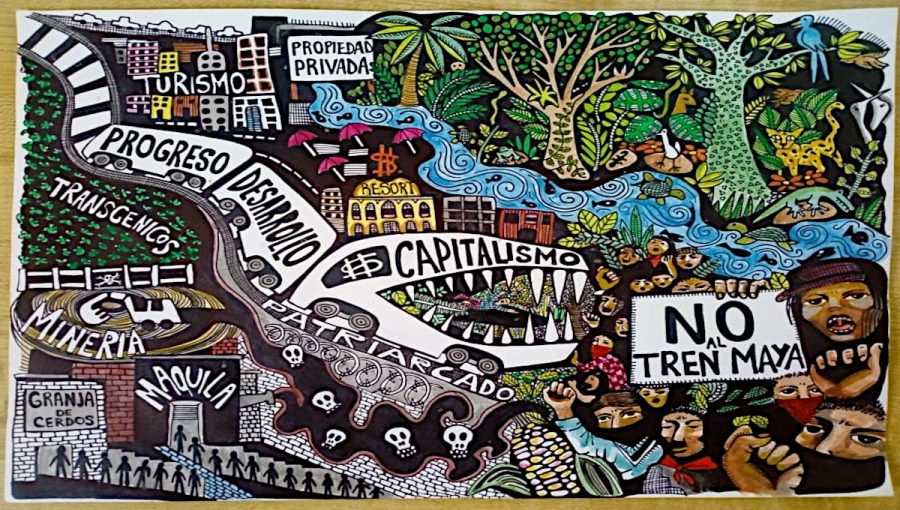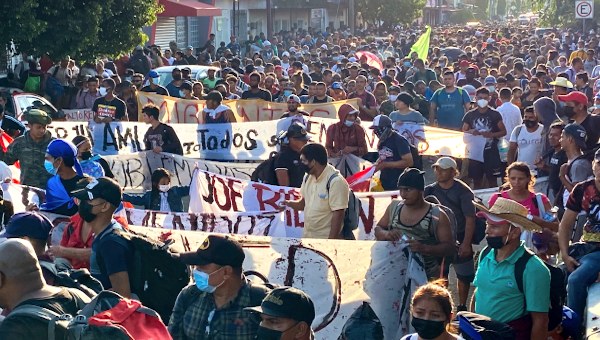The Oaxaca Commune
The Other Indigenous Rebellion in Mexico
This essay explores the extraordinary experience of the Oaxaca Commune in Mexico, an experience of grass-roots rebellion and self-government that has put forth an alternative model of struggle to the electoralist model of the PRD (Partido de la Revolución Democrática – Party of the Democratic Revolution) and to that of the Zapatistas and their Other Campaign, with their opposition to ‘taking power’ and their indifference or opposition to participation in elections. The Oaxaca uprising of the Spring of 2006 was an urban insurrection in one city, with important resonances elsewhere in the state of Oaxaca. It developed novel and participatory forms of organization, struggle, and self-governance. The Oaxaca rebellion developed ‘assembleist’ forms of direct democracy in the Spring of 2006 in order to organize itself democratically, as the people of Paris did in 1870-1871, and Russian workers did in 1905 and 1917.
Socialist Interventions Pamphlet No. 6 – April 2008.


